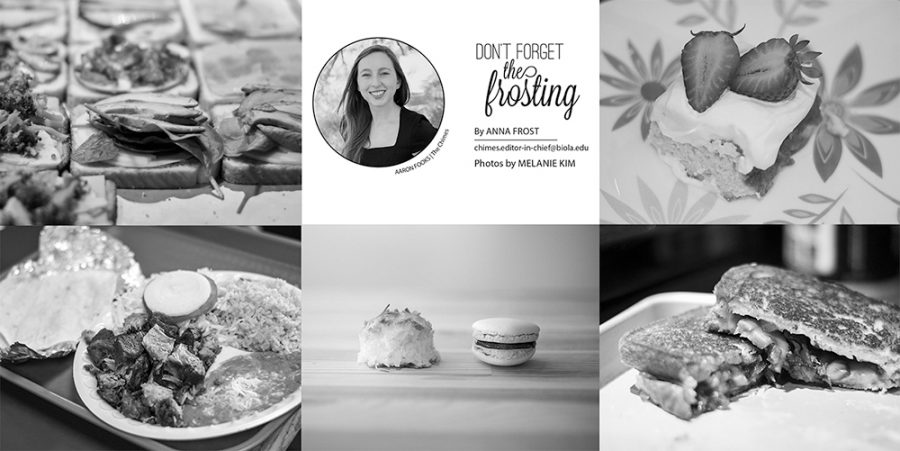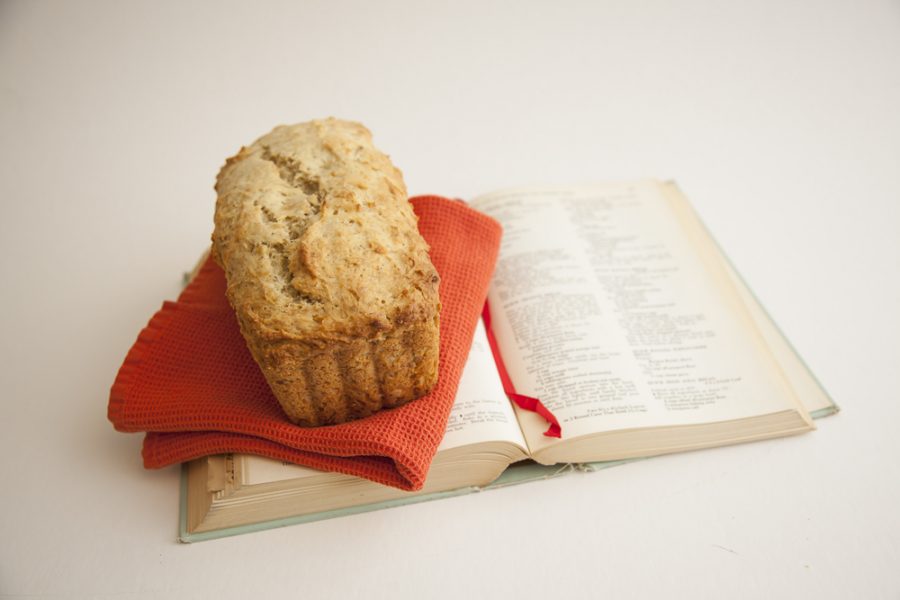A woman walks into a café on her way to work and considers the options displayed on the menu, complete with a list of the calories in each item. She almost orders a breakfast sandwich featuring an egg, white cheddar cheese and ham on a plain bagel, marked as 480 calories, but at the last minute she notices the muffins. The blueberry muffin is a mere 440 calories, so she chooses it for her breakfast instead.
A teacher asks a high school student why she is always eating Nabisco 100-calorie packs of cookies and crackers. She replies that she wants to lose weight so she is only eating 1200 calories per day. She decided that it would be easiest to regulate her diet by eating 12 100-calorie packs of mini Oreos or Ritz Snack Mix every day.
Uncommon sense
These two incidences, which were relayed to me in passing on separate occasions by the cashier at the café and the inquiring teacher, have stuck in my mind for years and remind me how wildly out of touch Americans are with food. While it may be easy to dismiss them as lapses of common sense on the part of these two calorie-conscious individuals, situations like these are not rare.
Between working in restaurants, attending culinary school and simply being social, I have observed friends and strangers alike disregard the ingredients of an item completely and place their trust solely in the almighty calorie count.
Paying attention to calories isn’t bad
This is not to say that we shouldn’t pay attention to calories at all — they do play an important role in our lives. Eat more than your body needs in a day, and you will gain weight. Eat too little and you endanger your health — sometimes even your life. Everyone’s calorie needs vary as well. A male who spends the majority of his day working on a computer in cubicle will have different calorie needs than a female professional soccer player or a teenage boy who likes to run but also plays video games frequently.
Finding out where you and your lifestyle stand is important since the very practice of counting calories is fruitless if you don’t know how many you need. The number of calories your body burns each day, regardless of physical activity, is the Basal Metabolic Rate. BMR takes into account gender, age, height and weight. This can be roughly calculated online through the help of health or medical websites that offer a BMR calculator.
Now that you know how many calories your body burns if you spend the entire day in bed watching television, use the Harris Benedict Equation to determine how many you need for your lifestyle’s amount of physical activity. The equation provides a number with which to multiply your BMR based on how active you are on a daily basis. With this tool, you can figure out how many calories should be consumed every day. To lose weight, adjusting your calorie intake to 500 calories below your BMR is a simple way to use this tool and the information to your benefit. Of course, you should always consult your doctor before attempting a weight loss regimen.
Calories aren’t a sole deciding factor
However, don’t go overboard while sailing the calorie counting boat: Make decisions that lead to eating real, not processed, foods. We shouldn’t mindlessly choose the lowest calorie count on the menu or grocery store shelf, but should think about the true nature of that food item.
Consider the woman in the café’s potential bagel sandwich. It has egg and ham, two foods that are packed with protein and will keep her alert and full for several hours. Granted, a bagel is one of the more indulgent of breads, as it has the caloric equivalent of approximately four slices of whole grain bread without providing the fiber or nutrients that whole grain breads boast. Yet, she could have asked to replace the bagel with bread, making her meal 340 calories — or even less if she omitted the cheese — and still full of nutrition.
Instead, she chose to consume the 40 calories-fewer muffin which has white flour, refined sugar, butter or oil, and a handful of blueberries. She is also more likely to become hungry quicker than if she had eaten the sandwich. There is no situation in which those ingredients are beneficial to one’s health, however delicious a blueberry muffin may be. The same applies to the 100-calorie packs of cookies or crackers that have little to no nutritional value and aren’t made of much more than refined flour and sugar.
Take back your eating habits
It’s time we regain our common sense from the health claims and calorie counts that act as if they are telling us everything we need to know. Think critically about the quantity of whole, real food that is present in what you eat. Generally, if it comes in a box, a bag or a wrapper, the answer will probably be, not much. The closer you get to eating actual food, instead of processed food products, the less you will find the need for calorie counts to maintain a healthy lifestyle. This works out pretty well since spinach or plums usually don’t have — or need — nutritional labels.










